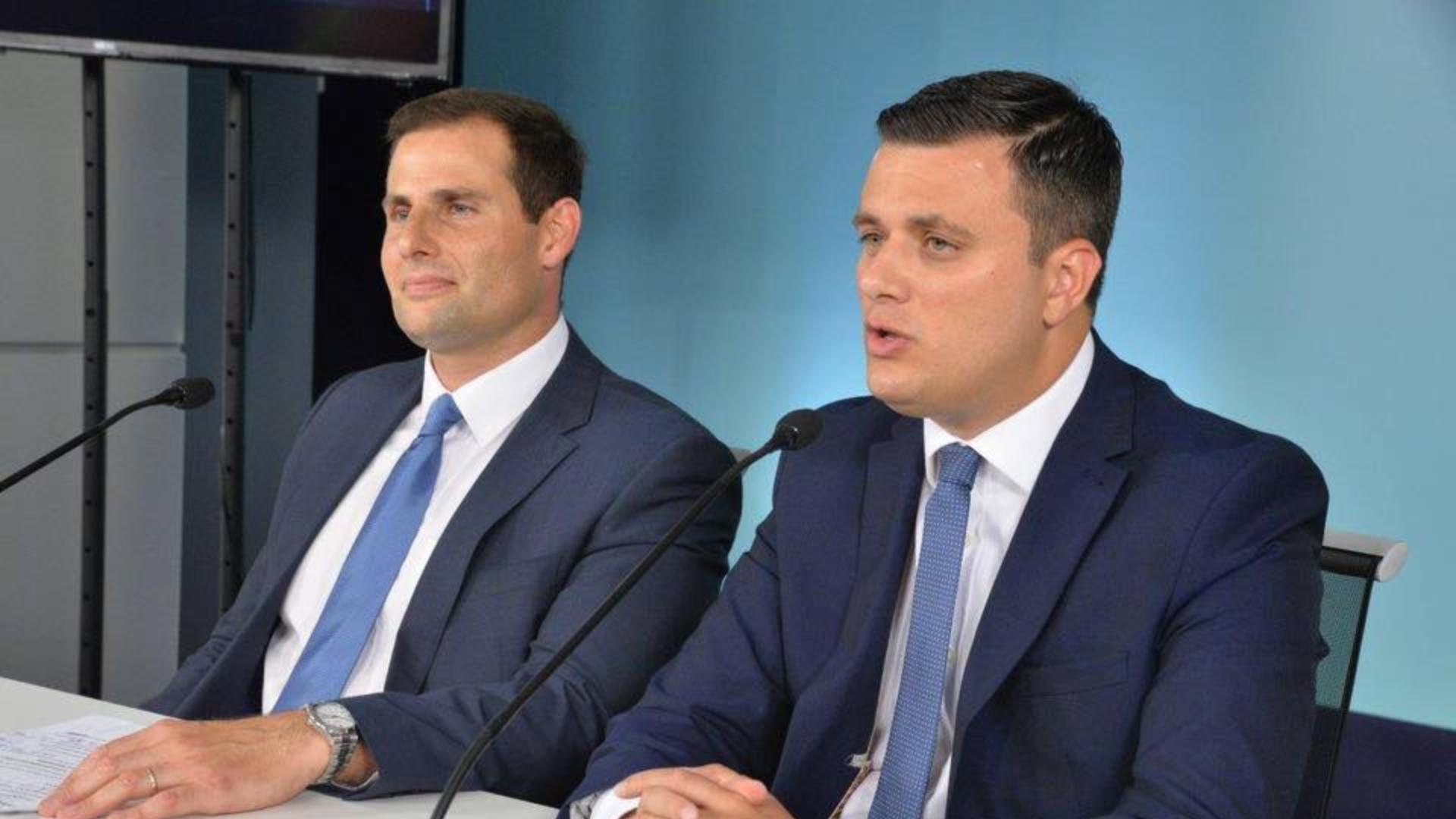Following the publication of the European Commission’s annual rule of law assessment of each member state, several international NGOs and observers have commented on Malta’s stagnant justice system, lack of protection for journalists and access to information that remain key issues the country has failed to tackle.
Tom Gibson, EU representative and advocacy manager at the Committee to Protect Journalists (CPJ), said the rule of law assessment carried out for Malta clearly indicates how “the fight for justice has been unacceptably long” and how “full justice must not be denied” with the case of slain journalist Daphne Caruana Galizia.
“Among many things, the mission report notes slow progress in the follow-up of the murder, including the implementation of the important public inquiry recommendations,” Gibson stated on Twitter.
Reporters Without Borders (RSF) welcomed the report’s findings, saying it shared their “analysis of threats and risks faced by journalists” while “denouncing slow implementation of the public inquiry recommendations following Daphne Caruana Galizia’s assassination”.
MEP David Casa described the government’s reforms as “a State takeover”, saying the report by the Commission exposed “high levels of State corruption, stagnating court reforms, deteriorating efficiency in court proceedings and no follow up into Daphne Caruana Galizia’s assassination”.
The EU Commission’s annual rule of law report on Malta, published on Wednesday, shows how the lack of convictions in high profile corruption cases, the lack of access to official documents and the lack of independence of public service media are still major issues.
The report lists six major recommendations for the Maltese government’s consideration, with the Commission further advising Malta to involve the judiciary in the appointment of the chief justice, reduce the length of judicial proceedings and restart efforts to establish a National Human Rights Institution.
In the section of the report dealing with Malta’s justice system, the EU Commission expressed its concern about the fact that the appointment of Malta’s chief justice, which is supposed to be achieved through parliamentary consensus, is subject to a deadlock if parliament fails to agree on a candidate for the role.
The Commission also expressed further concerns about a legal notice allowing court judgements to be struck off the online registry. This, the Commission said, does not meet European standards that state that “judicial decisions shall be clearly reasoned and made public”.
The government’s ‘Digital Justice Strategy’ does not have a specific timeline or action plan for the implementation of more digital tools in Malta’s court system, the Commission notes, while again expressing concern about the length of time for court cases to be concluded.
As for Malta’s notoriously slow wheels of justice, the report outlines how the number of judges per inhabitant in Malta “continues to be among the lowest in the EU”, with the association of judges and magistrates in Malta expressing concern about the lack of resources and adequately trained clerks.
Due to this lack of human and material resources, “the efficiency of the Maltese justice system has continued to deteriorate”.
“In 2020, the duration of litigious civil and commercial cases at first instance further increased (550 days), showing an increasing trend since 2017. The duration of these proceedings in appeal was also very long (838 days) in 2020, though a small decrease since 2019 is observed,” the report notes.
“The average length of money laundering cases remained particularly long in 2020 (over 1,310 days), even if it decreased compared to 2019,” the report adds.
This, coupled with the time taken for prosecuting bodies like the police force and the attorney general’s office to conclude investigations, poses a serious threat to the outcome of cases in Malta.
High levels of state corruption, stagnating court reforms, deteriorating efficiency in court proceedings, no follow up to the inquiry into #DaphneCaruanaGalizia's assassination.
The @EU_Commission exposes Labour's "historic reforms" for what they really are: a state takeover.
— David Casa (@DavidCasaMEP) July 13, 2022
As for how Maltese citizens perceive corruption in their country, the data reproduced in the rule of law report suggests that locals are above-average on all accounts.
Seventy-nine per cent of respondents in the 2022 Special Barometer on Corruption consider corruption widespread in Malta, above the EU average of 68%. Thirty-four per cent of Maltese respondents feel corruption personally affects their daily lives, above the EU average of 24%.
The report also speaks about the lack of any action plan for implementing the recommendations of the public inquiry on the assassination of Daphne Caruana Galizia.
While a ‘committee of experts on media’ was set up on 11 January and some of the proposals have been taken on board by the government, no anti-corruption recommendations have yet been announced.
The report also specifically outlines how the process that led to the appointment of the media experts board was, according to international and Maltese NGOs, “selective and not fully transparent in spite of the fact that this is a matter of wide public interest”.
As for public service media, the Commission maintains the sector is “particularly vulnerable to political influence” given that members of both the board of directors and the editorial board are appointed directly by the State.
The report also notes that the government’s review of its own information-sharing processes is ongoing, referring to how the Media Pluralism Monitor (MPM) report for 2022 clearly highlights that “journalists have continued to consistently encounter difficulties when requesting such access (to information), due to numerous rejections, significant delays and absence of reply”.














David Casa explained our new reality very well and the preoccupation of many is that the trend of negative aptitude and state corruption will only continue to worsen by the passing of time, unless we (as a nation) start to face this disease now before it becomes chronic.
The time for talking by the EU and its various committees is over. There are only so many times the same failures to take action can be glossed over and the vapid steps proposed by the Government to address the issues of corruption at the highest levels for this farce to be acceptable to the EU.
Cutting off EU funding until successful prosecutions are brought should quickly change the Government’s mindset and that of its supporters who have just given it another 5 year mandate to deliver more of the same.
Now what need to see is the Transcript of what was said on TVM in the news.